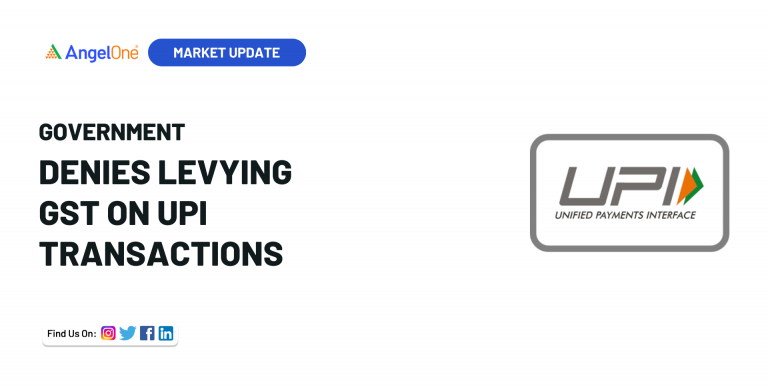
The Ministry of Finance has officially denied media reports suggesting that the government is considering imposing Goods and Services Tax (GST) on UPI transactions over ₹2,000. In a statement released on April 18, the ministry said the claims are false and not backed by any current proposal or discussion.
According to the ministry, “there is no such proposal before the government.” GST is currently applied only to specific charges like the Merchant Discount Rate (MDR) applicable to certain payment instruments. However, in January 2020, MDR was removed from person-to-merchant (P2M) UPI transactions by a CBDT notification, and as a result, no GST applies to these transactions.
To support UPI adoption, the government has been running an incentive scheme since FY 2021-22. This scheme aims to promote low-value P2M UPI transactions by covering some of the costs for merchants.
Annual incentive payouts under the scheme:
UPI transaction values have grown from ₹21.3 lakh crore in FY 2019-20 to ₹260.56 lakh crore by March 2025. Out of this, ₹59.3 lakh crore comes from P2M transactions, indicating increased use among businesses.
In March 2025, GST collections (after refunds) stood at ₹1.77 trillion, up 7.3% from the previous year. For FY25, GST revenue rose 8.6% year-on-year to ₹19.56 trillion. Net tax revenue from domestic sales increased 9.3% in March to ₹1.38 trillion.
Read More: GST on UPI Over ₹2,000? Here’s What You Need to Know
The government has confirmed that it is not planning to levy GST on UPI transactions above ₹2,000. No MDR is currently charged on such transactions, and UPI continues to be supported through incentives and policy measures.
Disclaimer: This blog has been written exclusively for educational purposes. The securities mentioned are only examples and not recommendations. This does not constitute a personal recommendation/investment advice. It does not aim to influence any individual or entity to make investment decisions. Recipients should conduct their own research and assessments to form an independent opinion about investment decisions.
Investments in the securities market are subject to market risks, read all the related documents carefully before investing.
Published on: Apr 21, 2025, 2:34 PM IST

Team Angel One
We're Live on WhatsApp! Join our channel for market insights & updates
